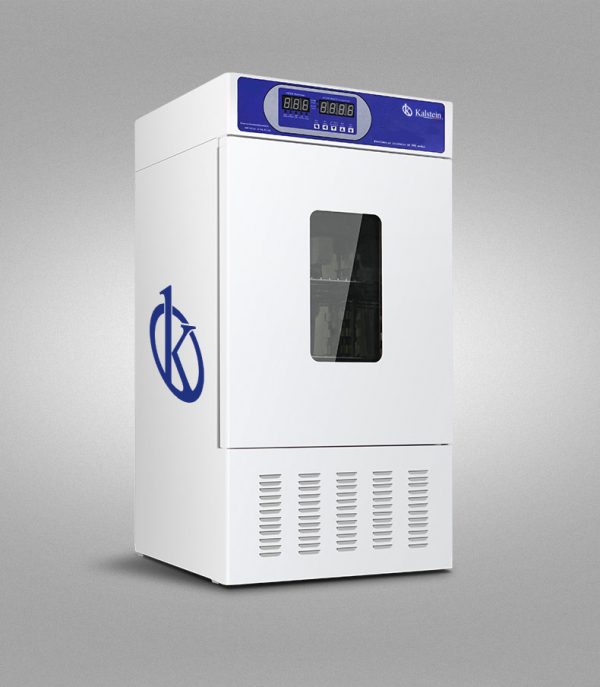Laboratory incubators are a crucial tool in changing scientific research and product development. However, many people don’t know how these machines work. This is understandable, as incubators are simple and sophisticated. They are responsible for maintaining a controlled environment to allow samples and cells to be grown under ideal conditions, this is very important, as cells are very sensitive to the environment in which they are found. They allow scientists to experiment with samples in a controlled environment, but they can also be used to keep cells alive and in good condition.
Incubators are used in a wide range of applications, from disease study to drug manufacture. They are also used in fertility research and cell culture. They can be very precisely configured to recreate a particular environment, making them ideal for studying a wide variety of conditions.
Types of Laboratory Incubators
There are two main types of laboratory incubators, air incubators and moisture incubators. Air incubators keep the air inside the machine at a specific temperature and humidity. This is important, as sudden changes in the environment can damage cells or interfere with growth.
Moisture incubators, on the other hand, keep the moisture level inside the machine at a specific level. This is important to maintain fluid balance in the body, which is essential for the proper functioning of cells. They can also be used to control the pH of a solution.
They can also be purchased in a variety of sizes and models. Scientists should select the size and model of laboratory incubator based on their specific needs. It is important to select a laboratory incubator that is perfectly suited to the size and shape of the sample to be grown.
The Laboratory Incubator as a Control Measure
Laboratory incubators are a very useful tool for scientific research. Its use allows scientists to study a wide variety of conditions in a controlled environment. If used correctly, laboratory incubators can be a boon to scientific research and product development.
It is also a small temperature-controlled chamber that is used to grow and maintain cell cultures and other sensitive biological samples. Unlike a refrigerator, an incubator can maintain a precise, constant temperature, often for days or weeks.
Most laboratory incubators also have humidity and oxygen controls to create the ideal environment for cell growth. Some incubators also have CO2 controls to regulate the level of carbon dioxide in the chamber. They are essential for many types of research, including cell culture, microbiology, molecular biology and biochemistry. They are also used in agricultural and livestock applications.
Kalstein brand biochemical incubator
At Kalstein, we have a variety of laboratory equipment with the most advanced technology on the market, to satisfy our users and meet their multiple demands. In this case, we bring you the Biochemical Incubator corresponding to the YR series, designed for environmental protection, medicine, drug testing, health and epidemic prevention, livestock, aquaculture and other scientific research and other production departments. A special constant temperature equipment for the analysis of the determination of water BOD, bacteria, protection of biochemical, microbiological crops, plant culture, improvement. We invite you to know more about our products, from our catalog HERE We have the best advice, so that your purchase is the ideal and at excellent prices For more information, you can check HERE

